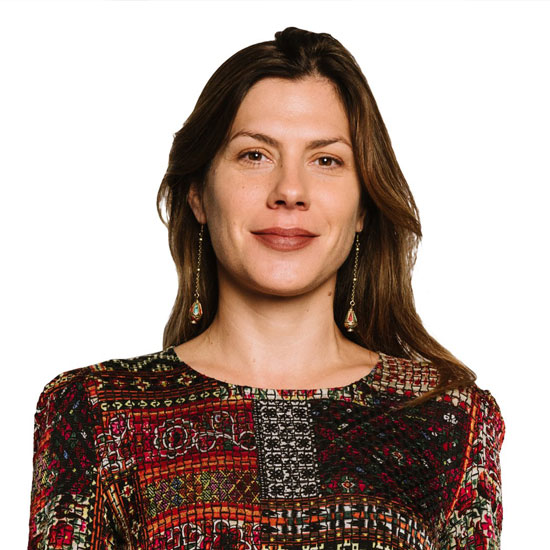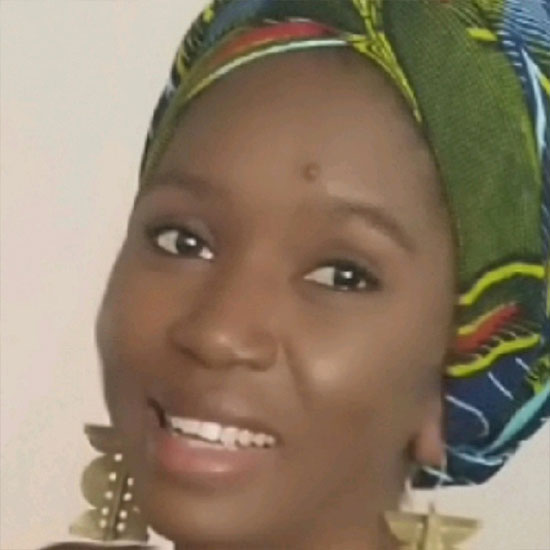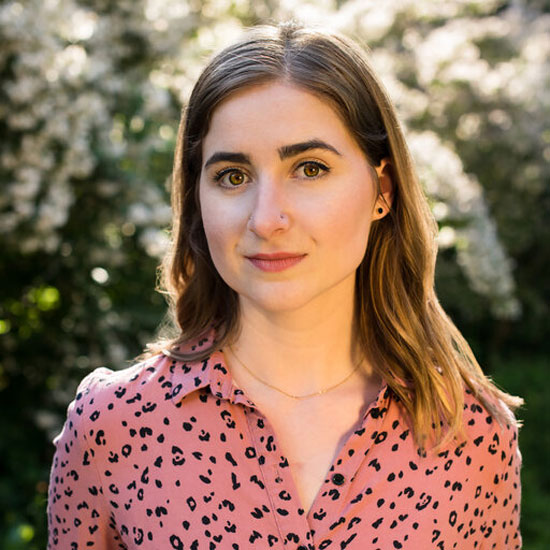As a leading international teaching and research university, York is proud to support the cutting-edge ideas of our Graduate Students. Applying their distinctive lens to contemporary issues, this diverse group of Graduate Students are able to come up with unique answers that can advance knowledge both in academia and the industry.
Shiva Akhtarian – Doctoral Student, Mechanical Engineering
Akhtarian's research involves the investigation of bacteria and virus-imprinted polymers in developing portable, low-cost and rapid microfluidic biosensors for on-field monitoring of biological pathogens. Akhtarian shares that this research “can pave the way to the development of lower-cost, easy to use, rapid and sensitive technologies that can be used to detect microorganisms on site, which can significantly impact health and safety applications.”
The impact of this innovative study can be significant since the development of a prototype technology for on-site food and water testing can ultimately help save lives and reduce the impact of environmental contamination on our society.

A photo of Shiva Akhtarian
Charlotte Lombardo – Doctoral Student, Environmental & Urban Change
Lombardo’s research is a participatory action project with the community arts organization SKETCH Working Arts. The Making With Place initiative engages young artmakers from underrepresented communities as artist-researchers to express place, community and culture through creative explorations and public art experiments. Lombardo’s research emphasizes that certain voices are not heard because of systemic issues of oppression, and her research can further the discourse on the issue and allow these voices to have more prominence.
“I'm constantly engaging with people who are fascinating and beautiful and who are also very very happy to tell their stories,” says Lombardo. “Who enters into the space that's given because that hasn't always been the case.”

A photo of Charlotte Lombardo
Jonathan McSpadden – Doctoral Student, Music
McSpadden found his unique area of study while visiting the casino. His innovative research looks at historical casino soundscapes from two different perspectives: 1) how casinos have actually sounded throughout history; and 2) how casinos have been heard and listened to by the patrons of the space. McSpadden argues that sound is used as a tool of manipulation on the casino floor, directing gamblers to stay longer and spend more money. By better understanding the sonic environment of the casino, policies can be adapted to address the issues surrounding gambling habits and problematic behaviour. “I believe that gambling is okay and can be beneficial to the economy through the collection of the taxes,” notes McSpadden. “Though I do believe that casinos can be predatory and tend to prey on lower income and vulnerable individuals.”

A photo of Jonathan McSpadden
Marie Prisca Alima Ondoa – Doctoral Student, Études francophones
Ondoa's thesis focuses on the French colonisation of the Americas and Africa; mostly seeing how the notion of human trafficking has evolved until today. The research is based on ancient texts/dialogues about French colonisation and slavery. This subject is relevant to the tensions in the current geopolitical climate ranging from the withdrawal of troops from Mali to the visit of Pope Francis to Canada; these events note geopolitical unrest, which Ondoa links back to colonization and the past still having an impact on the present.
This important research and the data that comes from it can be used as a resource in the classroom as well as contribute to the overall enhancement of diverse perspectives in the academic sphere and beyond.

A photo of Marie Prisca Alima Ondoa
Sarah Redikopp – Doctoral Student, Gender, Feminist & Women's Studies
Redikopp's dissertation explores the lived experiences of self-harm by self-identified women, trans and gender non-conforming individuals in Canada. Redikopp pushes back against the idea that self-injury can only be explained as a symptom of mental illness and hopes to explore more supportive engagements with self-injury, such as contextualizing self-injury as a coping practice. Insights from Redikopp’s fieldwork have already been included and mobilized in training workshops about how we can engage with and respond to self-injury in ways that are trauma-informed.
“The opportunity to not only bring my own lens to the research but to be able to engage with and deeply listen to and centralize the experiential knowledge of those with lived experience has been really an honor,” reveals Redikopp.

A photo of Sarah Redikopp
